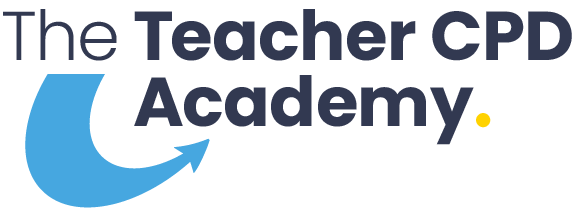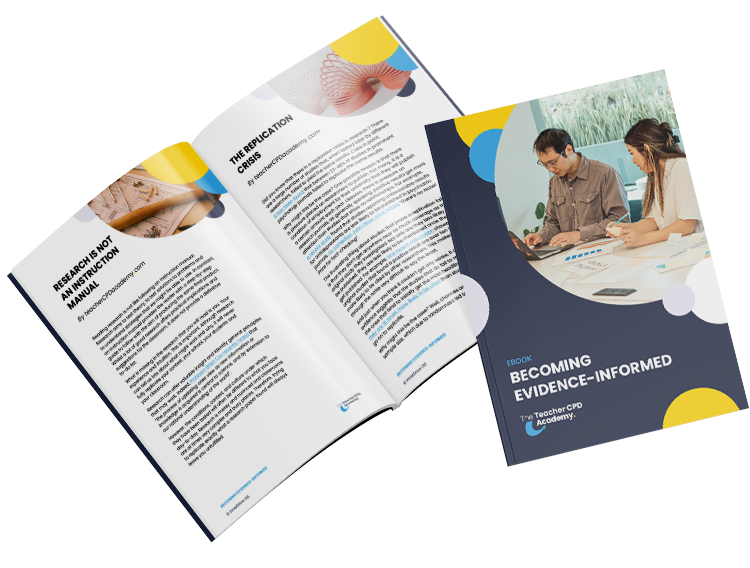BECOMING EVIDENCE-INFORMED
Reading Resources.
The 10 most important Teaching & Learning studies of the last 70 years
Lethal mutations in education, and how to avoid them
Why it's good but hard to change your mind
The one about experts overclaiming
The one about the seduction of neuroscience
The one about identifying expert teachers
4 counterintuitive concepts on how we learn
A beginner's guide to Cognitive Science research
Cognitive Science in education
Types of thinking biases
Want to know more?
Find out more about Becoming Evidence-informed or learn about one of our other topic areas.


